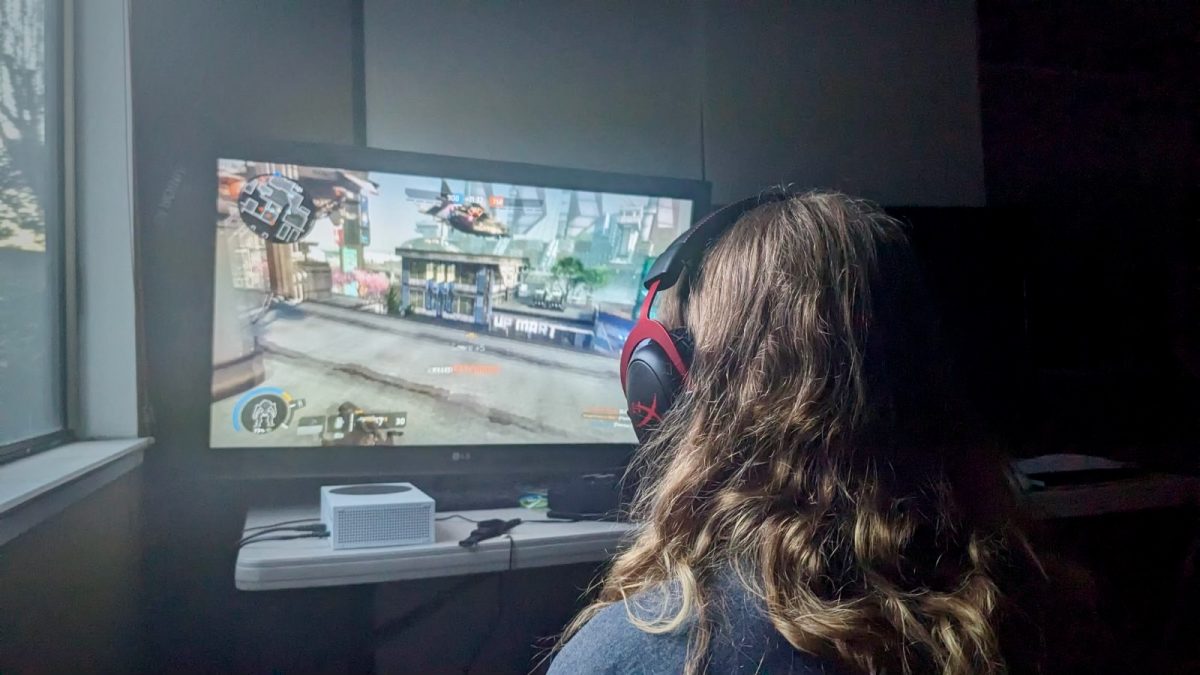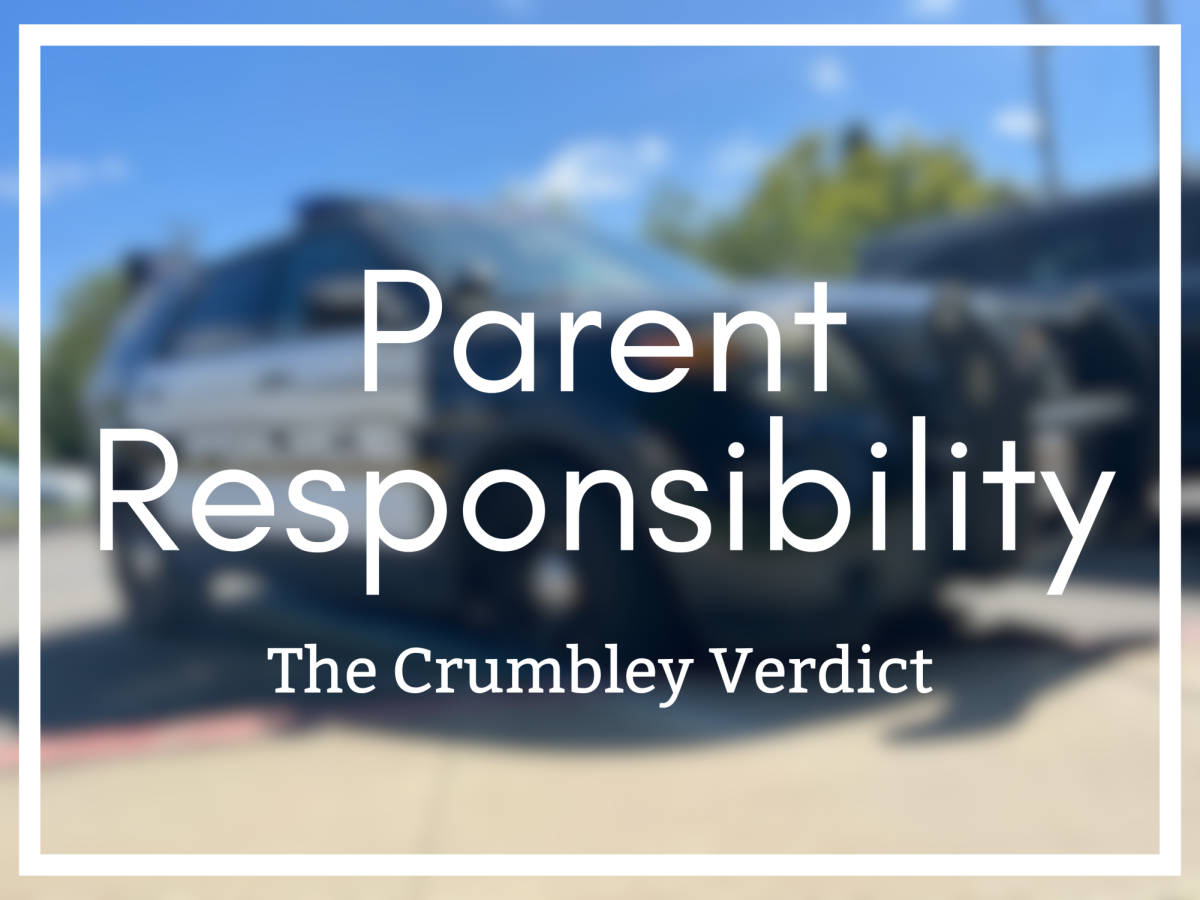In the fast-paced world of gaming, where players are immersed in virtual worlds for hours on end, it’s easy to forget to take care of your ears. According to a recent survey by the World Health Organization (WHO), gamers worldwide may risk irreversible hearing damage from prolonged exposure to loud sounds.
The survey included responses from over 54,000 participants. It revealed important findings about the volumes experienced while gaming. Reports show sound levels ranging from 80-89 dB in gaming centers. Further research by WHO measured the average decibel (dB) level of various genres. Shooter video games, known for their excessive volumes, had an average of 88.23 dB, while a racing game averaged 85.6 dB.
Research
According to the Hearing Health Foundation (HHF), headphones and earbuds can reach as loud as 100 dB. To prevent hearing loss or damage, experts advise keeping volume levels at 50-60% of their maximum.
The Centers for Disease Control and Prevention (CDC) in the US further highlight the risks of high sound levels. The average video game operates at 80-90 dB, which can lead to hearing damage in as little of two hours of exposure. Even common loud sounds like car horns (100 dB) and concerts (105-110 dB) raise significant risks to hearing health after long exposures.
Due to these findings, it’s key for gamers to be wary of their hearing health. “My recommendation to other gamers is that you should keep your volume to where you can hear things from outside the game, for instance, still being able to clearly hear a parent or sibling talk to you,” said Mason Grendahl (‘26), who plays shooter games.
Safe Sound Levels
To protect our hearing, understanding safe sound levels is key. According to the WHO, staying within these thresholds can greatly help prevent hearing loss and conditions like tinnitus.
The safe sound level for adults is 80 dB for 40 hours a week. Every increase of 3 dB halves the safe amount of time to be exposed to that level of sound:
- At 83 dB, adults can be safely exposed for 20 hours per week.
- At 86 dB, adults can be safely exposed for 10 hours per week.
- At 92 dB, it further reduces to 2.5 hours per week.
- At 98 dB, adults should keep it under 38 minutes per week of exposure to avoid potential hearing damage.
- Even louder sounds, like those of headphones at max volume (105-110 dB) can cause hearing loss after less than 5 minutes of exposure.
- Sounds exceeding that threshold, such as fireworks, sirens and so (120+ dB) are likely to immediately cause hearing loss and ear injuries.
“In all the time that I’ve been playing video games, I have no memory of experiencing any adverse effects,” said Grendahl.
Understanding Tinnitus
Tinnitus is commonly described to be a perpetual ringing in the ear, but some people hear other kinds of sounds, ranging from buzzing to humming, roaring, or hissing. Surveys estimate that 10-25% of adults have tinnitus. This condition is often caused by exposure to loud sounds, aging, and, increasingly, obtrusively loud gaming.
In most cases, tinnitus improves or goes away on its own, but in some cases it can worsen with time. Some say it’s miserable, that it causes anxiety, irritability, concentration and communication issues, or even insanity.
As of now, there is no cure for tinnitus, but there are ways to reduce and control symptoms. Sound therapy devices, such as hearing aids, behavioral therapy, and medications can offer some relief. Many people experience tinnitus due to hearing loss, be it from aging or excessively loud gaming.
The reason tinnitus isn’t curable is because the persistent noise comes from nerves in the auditory system. While the sounds may seem to originate from your ear, they’re actually generated by the auditory cortex inside the brain.











